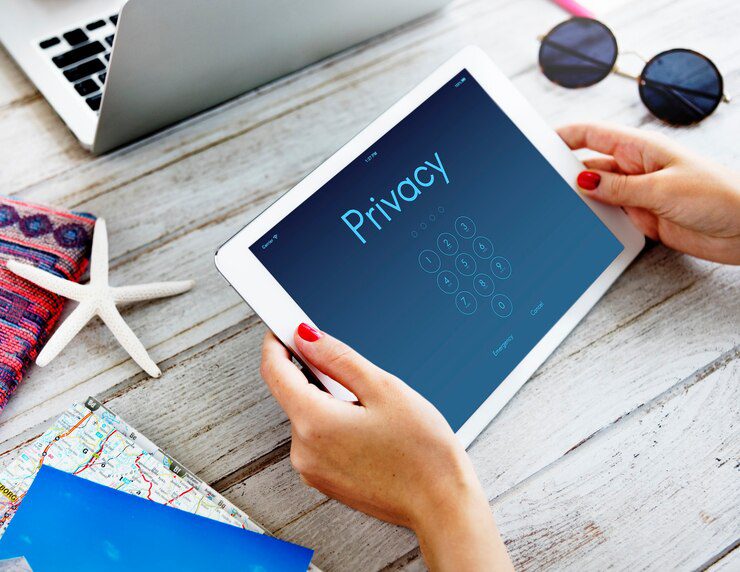In today’s hyper-connected world, digital privacy has become more than just a buzzword—it’s a crucial element of our daily lives. With every swipe, click, and tap our personal information is collected, stored, and often shared without our explicit consent. The rise of social media, online shopping, and digital communication has brought incredible convenience, but it also poses significant risks to our privacy. Understanding and protecting digital privacy is not just an option but a necessity in the digital age. Let’s dive into why safeguarding your digital privacy matters and how you can take control of your online information.
The Growing Threat Landscape
The threats to digital privacy are expanding rapidly. Cyberattacks, data breaches, and identity theft are becoming increasingly common. Personal data, including sensitive information like social security numbers and financial details, is a goldmine for hackers. Once compromised, this data can be used for fraudulent activities, making it crucial for individuals to be vigilant about their digital privacy.
The Cost of Data Breaches
Data breaches are more than just a nuisance—they come with a hefty price tag. A 2023 study by IBM found that the average cost of a data breach is $4.45 million. This figure includes not only the direct costs of dealing with the breach but also the long-term financial impact, such as reputational damage and legal fees. For businesses, protecting customer data is not only a legal obligation but also a significant financial consideration. For individuals, being proactive about digital privacy can help prevent personal and financial fallout from data breaches.
The Impact on Personal Freedom
Digital privacy is not just about protecting your personal data; it’s also about preserving your freedom. The more data you share online, the more companies and governments can track your activities and behaviors. This surveillance can lead to a chilling effect on free expression, where people may hesitate to express their opinions or engage in certain activities for fear of being monitored. According to the Electronic Frontier Foundation (EFF), excessive data collection undermines democratic freedoms and personal autonomy. By safeguarding your digital privacy, you’re also protecting your right to express yourself freely and without fear.
The Role of Social Media
Social media platforms are a double-edged sword when it comes to digital privacy. While they offer valuable opportunities for connection and self-expression, they also collect vast amounts of personal data. A 2023 survey by the Pew Research Center revealed that 81% of Americans feel that they have little to no control over the data that social media companies collect about them. To mitigate this, it’s essential to be mindful of the information you share and regularly review privacy settings on your social media accounts. Limiting the data you provide and being selective about the platforms you use can help enhance your digital privacy.
Protecting Your Digital Identity
Maintaining a secure digital identity involves more than just setting strong passwords. It requires a multi-faceted approach to ensure that your personal information remains safe. Implementing two-factor authentication (2FA), regularly updating passwords, and being cautious about phishing scams are all critical steps in protecting your digital privacy. According to a report by Google, accounts with 2FA are 50% less likely to be compromised. By adopting these practices, you can add an extra layer of security to your online accounts and safeguard your personal information.
The Role of Legislation
Legislation plays a significant role in safeguarding digital privacy. These regulations mandate that companies obtain explicit consent before collecting data and provide individuals with the right to access, correct, and delete their information. Staying informed about these laws and their implications can help you understand your rights and hold companies accountable for protecting your digital privacy.
Conclusion
In the digital age, digital privacy is more critical than ever. With increasing threats and the pervasive collection of personal data, safeguarding your information is essential for protecting your freedom, financial security, and overall well-being. By staying vigilant, adopting best practices, and understanding your rights, you can navigate the online world with greater confidence and control. Remember, your digital privacy is in your hands—take proactive steps to secure it and enjoy the benefits of a safer online experience.







